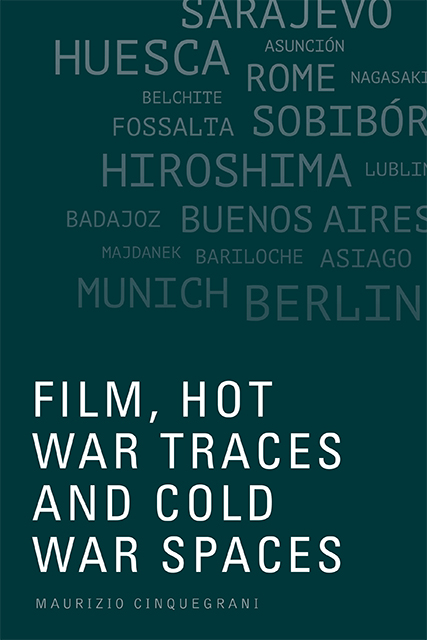6 - Olympiapark, Munich, Germany, 5 September 1972, 4:30 a.m.
Published online by Cambridge University Press: 12 August 2023
Summary
A forty-one-year-old wrestling referee is awakened by an unusual noise and then sees the front door of the apartment beginning to open and masked men with weapons on the other side; he throws his weight against the door in an attempt to stop the intruders. His name is Yossef Gutfreund and this happens on the night of 5 September 1972 in Munich.
In the mid-1930s the Nazi regime established a Luftwaffe airfield near the town of Fürstenfeldbruck in Bavaria and also began the construction of a new airport in the city of Munich. Munich-Riem Airport opened in May 1939 and replaced an old airfield in Oberwiesenfeld, a suburban area which was due to be transformed into a large trading complex including a slaugh-terhouse and marketplace. The outbreak of the Second World War halted the plans made by the Nazis for the redevelopment of this district and, after the conflict, Oberwiesenfeld was used as a dumping ground for the rubble removed from the inner city and as a mass grave for the bodies of the many unidentified victims of the seventy-four Allied air raids on Munich. Twenty years later, Fürstenfeldbruck was serving as a West German air base while Oberwiesenfeld was chosen as the location of the Olympiapark München (Olympic Park Munich) in view of the 1972 Summer Olympics. The Games of the XX Olympiad would be inaugurated on 26 August 1972 and on that day, as the Israeli team entered the Olympiastadion (Olympic Stadium), American Broadcasting Company (ABC) sports news presenter Jim McKay aptly accompanied footage of those athletes, coaches and referees with these words:
Of course you can't be in Munich, Germany and not remember. We are just about 15 miles from Dachau, but it is perhaps a measure of the fact that people and times and nations do change. Israel is here and Germans are cheering Jewish athletes.
As McKay explained, the entrance of the Israeli team in the Olympic Stadium had a great historical and political significance; the event took place thirty-six years after German Jewish athletes were prevented from taking part in the 1936 Summer Olympics in Berlin and just twenty-seven years after the liberation of the Dachau concentration camp.
- Type
- Chapter
- Information
- Film, Hot War Traces and Cold War Spaces , pp. 117 - 136Publisher: Edinburgh University PressPrint publication year: 2022

